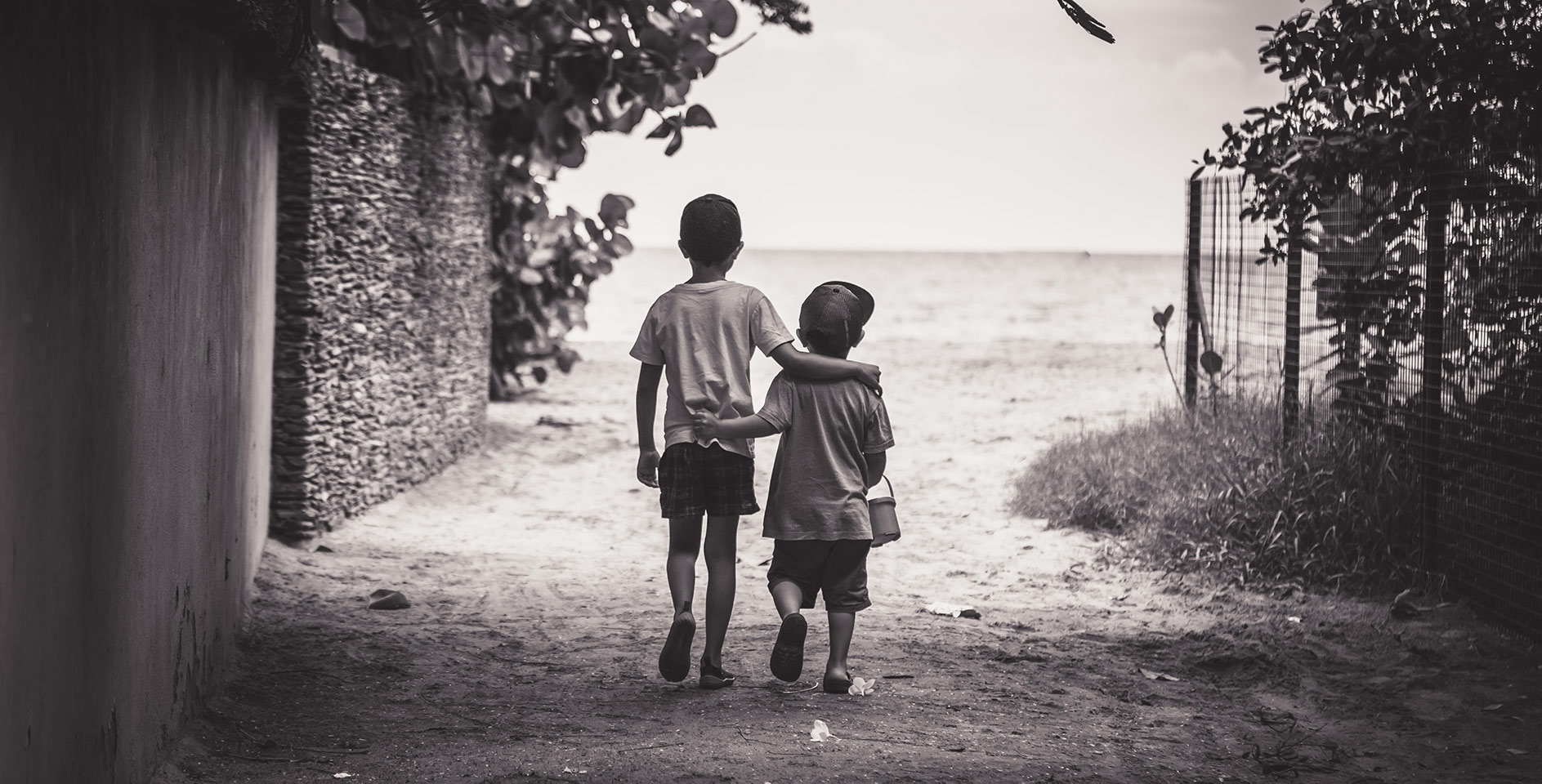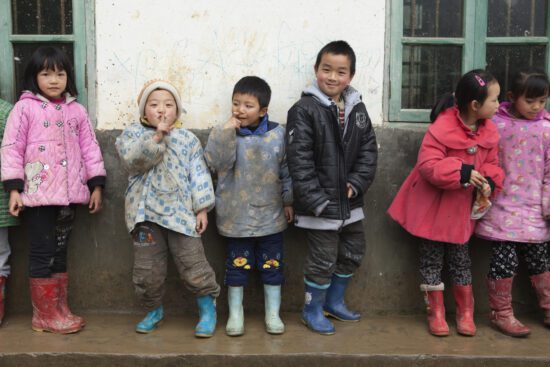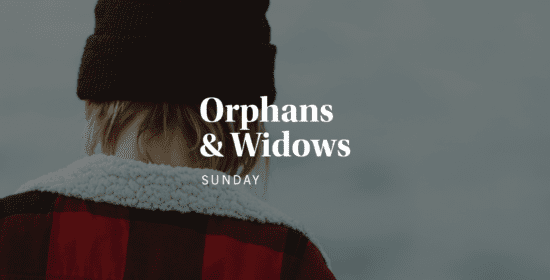By the end of September 2020, there were over 407,000 children in foster care. And it’s possible that with the overturning of Roe, even more children might need care in the future. Vulnerable women, children, and families in the United States will need help in a variety of ways, and Christians should continue to lead the way in making that possible. One of the organizations that’s doing incredible work in this area is Hands of Hope, an adoption and foster care ministry serving Indiana. Amy Jo Fox, the Communications and Care Community Director, answers questions below that shed light on practical ways we can join in their type of work wherever we are.
Eli Pattat: What is Hands of Hope, and how did it begin?
Amy Jo Fox: In 2003, our Executive Director and her husband adopted their son internationally. God first planted the dream for Hands of Hope in Suzy’s heart just as they were pulling away to bring their son home. She turned to see the rest of the children that were staying there—with no toys, no playground, nothing to do, and she knew at that moment that she was being called to do more. In 2010, Hands of Hope became a 501(c)3.
Simply put, we believe the very best place for any child is in a family. Oftentimes, fear and finances are the two things that keep families from moving forward. So, the first thing we did as an organization was adoption and foster care informational meetings. Then, we began providing adoption matching grants and interest-free loans to help financially. The mission has always been the same: to uniquely and deeply love orphans at home and around the world. We educate on God’s heart for orphans and vulnerable children, motivate individuals to get involved, and support those who do.
We place a high value on going deep to change the trajectory of a child’s life. We do this by how we relationally engage with the families, churches, and partners we serve. We try to listen well and understand where they’ve been and where they currently are. We build relational equity and lean into opportunities to develop trust, moving at the pace of relationship instead of outcome.
EP: Your three areas of focus are adoption, foster care, and children’s homes. What does it look like practically for your organization to serve in these three areas?
AJF: We partner with and support five Children’s Homes in El Salvador, Ethiopia, Ukraine, India and Brown County, Indiana. Each partner is carefully vetted. Through our Children’s Homes sponsorships, over 150 children are provided with safe and loving environments in which they receive necessities like food, education, and medical care. The children we support are victims of poverty, abuse, and/or disease.
As mentioned above, we hold monthly adoption informational meetings for those wanting to know more about or considering adoption. We also provide financial support to hopeful adoptive parents through our matching grant program.
Lastly, our largest area of focus is foster care. We act as a bridge organization, linking the various needs of Indiana foster care with those that want to help. This includes support and providing county Department of Children’s Services offices with basic necessities like diapers or belonging bags for children when they first enter care, real-time needs for at-risk biological families, and community wraparound for foster and adoptive families among other things.
EP: In what specific ways does Hands of Hope educate the church on God’s heart for orphans and vulnerable children?
AJF: Multiple times a year, we offer a virtual clinic to train and equip church leaders and advocates on how to implement Family Advocacy Ministries (FAM). Churches are often full of people that want to impact the lives of vulnerable children, but don’t know where to begin. FAMs provide practical and concise onboarding in order to recruit and equip families to care for children in their homes, serve families in crisis, and advocate for and minister to these families by meeting physical, emotional, and spiritual needs.
We work to mobilize and resource the Church to teach on what Scripture says about caring for orphans and vulnerable children as well as organize and/or host other awareness events to empower people to understand the need. Nationally, 50% of foster families quit fostering after the first year because they do not feel they have the support they need. However, when these families are surrounded by a FAM’s wraparound support model called Care Communities, we see that statistic drastically improve. With Care Communities, we’re able to retain 90% of foster families, helping them foster longer and stronger.
EP: What are some of the greatest needs you see in families that you serve through Hands of Hope?
AJF: The greatest needs for the families we serve is summed up in one word: support. They need the support of the Church and their community. Whether it’s a hurting biological family in need of tangible assistance in order to preserve their home or a weary foster family in need of a mentor for their child who is struggling, families in crisis need to know they’re not alone. It’s sometimes easy for us to get stuck in the “they signed up for it” mentality and assume we’re not responsible if we aren’t able to actually bring children into our home through foster care or adoption. These kids are OUR kids, this is OUR problem, these families are OUR responsibility.
EP: Are there misconceptions about adoption, foster care, and children’s homes that hinder Christians from serving well in these areas?
AJF: One misconception we often see is around foster care. Many times, people care about child welfare but since they aren’t able to physically take children into their home, they assume there’s nothing they can really do to help. That’s simply not true! Every single one of us can do something.
EP: What are some practical ways that the church can get more involved with organizations like Hands of Hope in serving vulnerable children? And if there aren’t organizations like yours in our states, how can Christians meet the needs of those in foster care?
AJF: CarePortal or Care Communities are two nationwide programs that give churches practical ways to serve vulnerable children and families. There are also many other next steps like hosting a support group, organizing a foster supply closet, blessing foster children at Christmas, etc.
EP: How can Christians around our country be praying for those involved in or thinking about being involved in caring for this vulnerable population?
AJF: Pray for everyone to find their specific purpose in how they can help vulnerable children and at-risk families so that every child has a family and those families have support.










